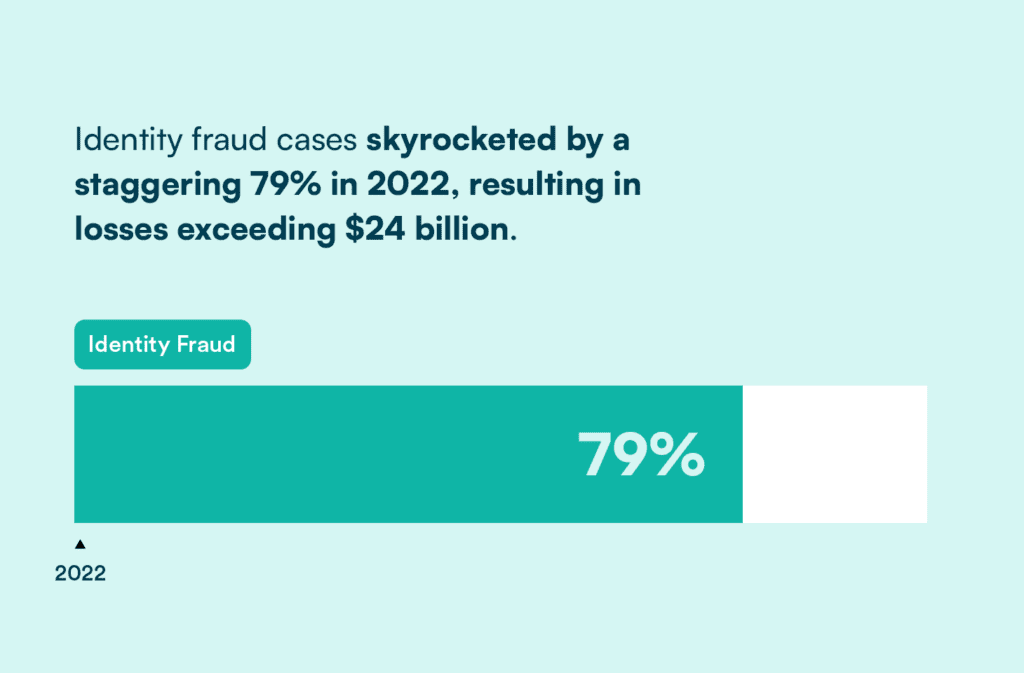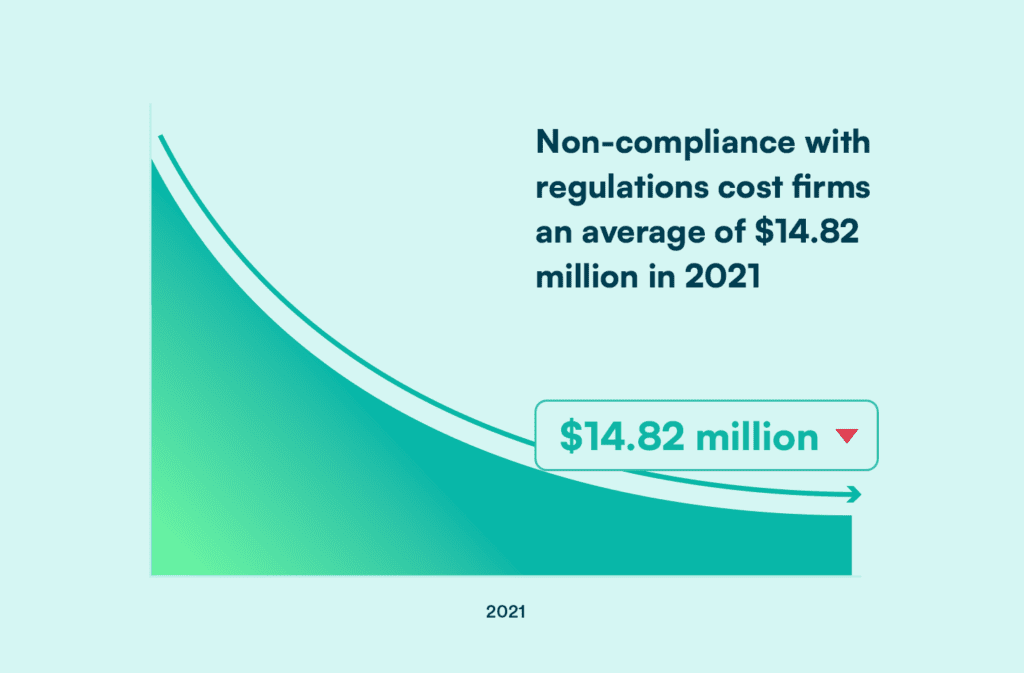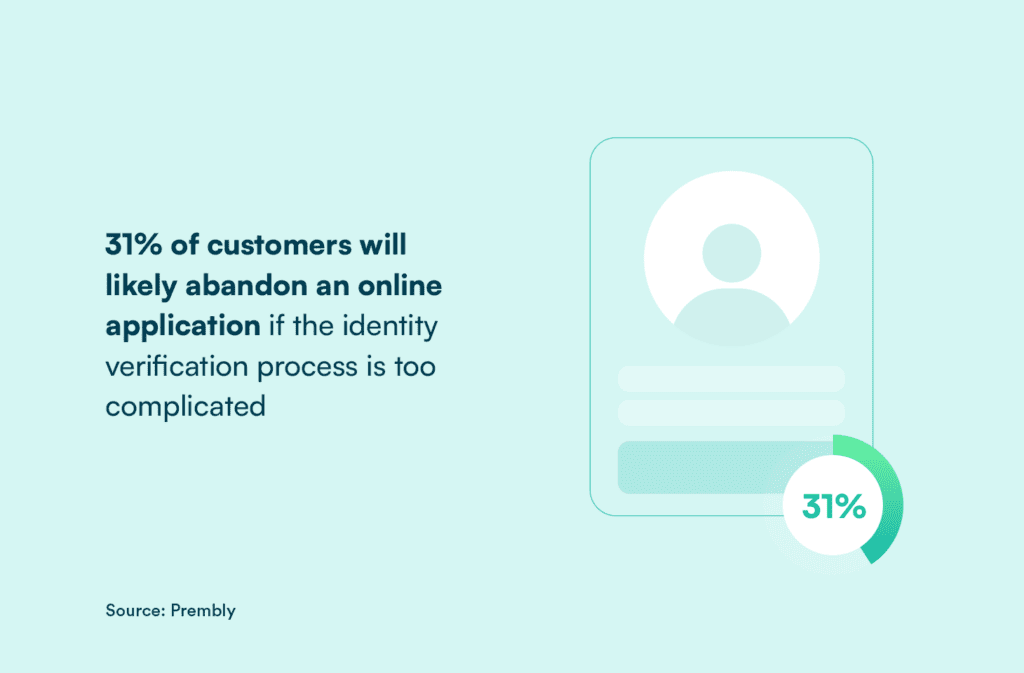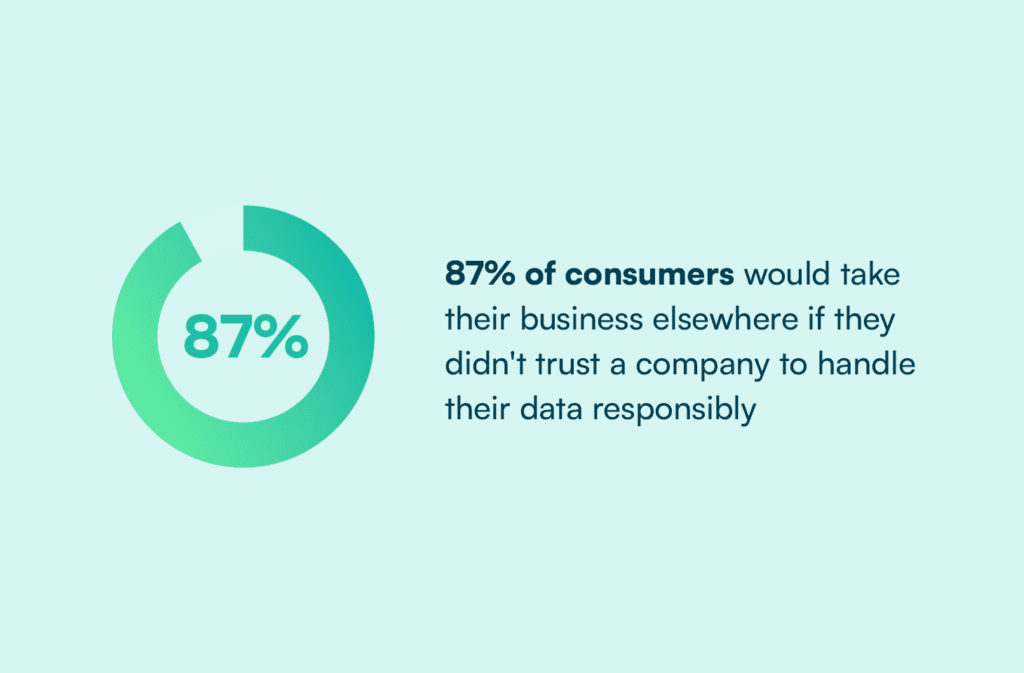Digital onboarding is essential for businesses everywhere, playing a key role in onboarding genuine customers, preventing fraud, and ensuring a top-notch customer experience. However, finding the right digital identity service provider is a complex challenge for many companies. Key decision-makers must weigh numerous factors, understanding that these decisions significantly influence their success and profitability. Identifying the crucial aspects to consider when choosing the right digital service provider.
The effectiveness and reliability of the verification process are crucial, especially in this time filled with advanced cyber threats and identity fraud; companies need to rely on providers that offer accurate and reliable verification solutions. The growing use of biometric authentication, document verification, and behavioral analysis shows the importance of having a layered verification approach.
However, ensuring you work with the right digital service providers requires a thoughtful approach, and certain pointers or factors must be considered. Although covering every aspect of this discussion is not feasible, we will focus on four key factors that will guide businesses as they navigate the complex landscape of identity verification services, especially in an era of rapid technological change that affects customer behavior
Accuracy and Fraud Detection Capabilities:
Identity fraud is an ever-evolving threat that businesses must contend with, and this means that what was obtainable a few years back is not obtainable today. Identity fraud cases skyrocketed by a staggering 79% in 2022, resulting in losses exceeding $24 billion. Additionally, another study reveals that identity fraud has increased by 300% since the COVID-19 pandemic, highlighting the urgency for businesses to bolster their defenses against this growing menace.

To combat the rising tide of identity fraud, businesses must adopt digital identity verification solutions that leverage advanced technologies, such as biometrics, machine learning, and artificial intelligence. These cutting-edge approaches offer unparalleled accuracy in verifying identities and detecting fraudulent attempts, providing a robust defense against increasingly sophisticated threats.
Advantages of digital identity
One of the key advantages of digital identity verification is its ability to seamlessly integrate biometric authentication, such as facial recognition, fingerprint scanning, or voice recognition, into the onboarding process. By 2024, biometric authentication will be used in 65% of mobile transactions, underscoring this technology’s growing adoption and effectiveness in combating identity fraud.
Moreover, businesses must look for digital identity verification solutions that often incorporate machine learning algorithms and artificial intelligence to improve their fraud detection capabilities continuously. These advanced systems can analyze vast amounts of data, identify patterns and anomalies, and adapt to new fraud tactics, ensuring that businesses stay ahead of evolving threats.
Compliance and Regulatory Adherence
In addition to mitigating fraud risks, digital identity verification is important in ensuring compliance with relevant regulations and industry standards. Sectors such as finance, healthcare, and e-commerce are subject to stringent Know Your Customer (KYC) and Anti-Money Laundering (AML) requirements, which mandate robust identity verification processes.
Failure to comply with these regulations can result in severe consequences, including hefty fines, legal actions, and reputational damage. Non-compliance with regulations cost firms an average of $14.82 million in 2021, underscoring the critical importance of adhering to regulatory requirements. Moreover, financial institutions spend an average of $48 million annually on KYC and client onboarding processes, further highlighting the significance of efficient and compliant identity verification solutions.

By partnering with a digital identity verification service provider like Identitypass that prioritizes compliance and regulatory adherence, you can ensure that your onboarding process and customer due diligence practices meet or exceed the standards set by relevant authorities. This approach lets you stay updated with evolving regulations, operate confidently, and avoid costly penalties.
User Experience and Onboarding Efficiency:
The unique selling point of most businesses today is their ability to resolve customers’ needs in real time, and your onboarding process is not an exemption. Your customers expect seamless and frictionless experiences, especially during the onboarding process. A complex or cumbersome identity verification process can lead to frustration, abandonment, and, ultimately, losing business opportunities.

When looking out for a digital identity provider, you must ensure it has a streamlined and user-friendly approach to onboarding, minimizing friction and reducing customer drop-off rates. Our report indicates that 31% of customers will likely abandon an online application if the identity verification process is too complicated or takes too much time, further emphasizing the need for a seamless and intuitive process.
Data Security and Privacy:
Data security and privacy are paramount concerns as businesses collect and handle sensitive personal information during identity verification. A breach or mishandling of customer data can have severe consequences, including financial losses, legal repercussions, and irreparable damage to a company’s reputation.
According to IBM’s Cost of a Data Breach Report 2023, the United States witnessed a staggering increase, with the average cost of a data breach reaching $9.48 million—a notable uptick from the previous year’s $9.44 million, underscoring the urgent need for robust data protection measures. Additionally, a study by the Ponemon Institute found that the average cost of non-compliance with data protection regulations, such as the General Data Protection Regulation (GDPR), is $14.82 million, further emphasizing the significance of prioritizing data security and privacy.
When evaluating digital identity verification service providers, you must prioritize those implementing stringent data security and privacy measures. These measures should encompass encryption, secure data storage, access controls, and adherence to data privacy regulations such as the GDPR.

By partnering with a provider prioritizing data security and privacy, you demonstrate your commitment to safeguarding customer information and fostering trust and confidence in their services. A survey by PwC found that 87% of consumers would take their business elsewhere if they didn’t trust a company to handle their data responsibly, highlighting the vital role of data privacy in maintaining customer loyalty and trust.
In conclusion…
In Q2 2024, choosing the right digital identity verification service provider is no longer a mere operational consideration; it is a strategic imperative that can significantly impact your business’s success, compliance, and customer trust.
When you carefully evaluate prospective providers based on their accuracy and fraud detection capabilities, compliance and regulatory adherence, user experience and onboarding efficiency, and data security and privacy measures, you can make an informed decision that aligns with your unique needs and mitigates potential risks.
Want to work with the best digital identity verification service provider? Get started with Identitypass.







